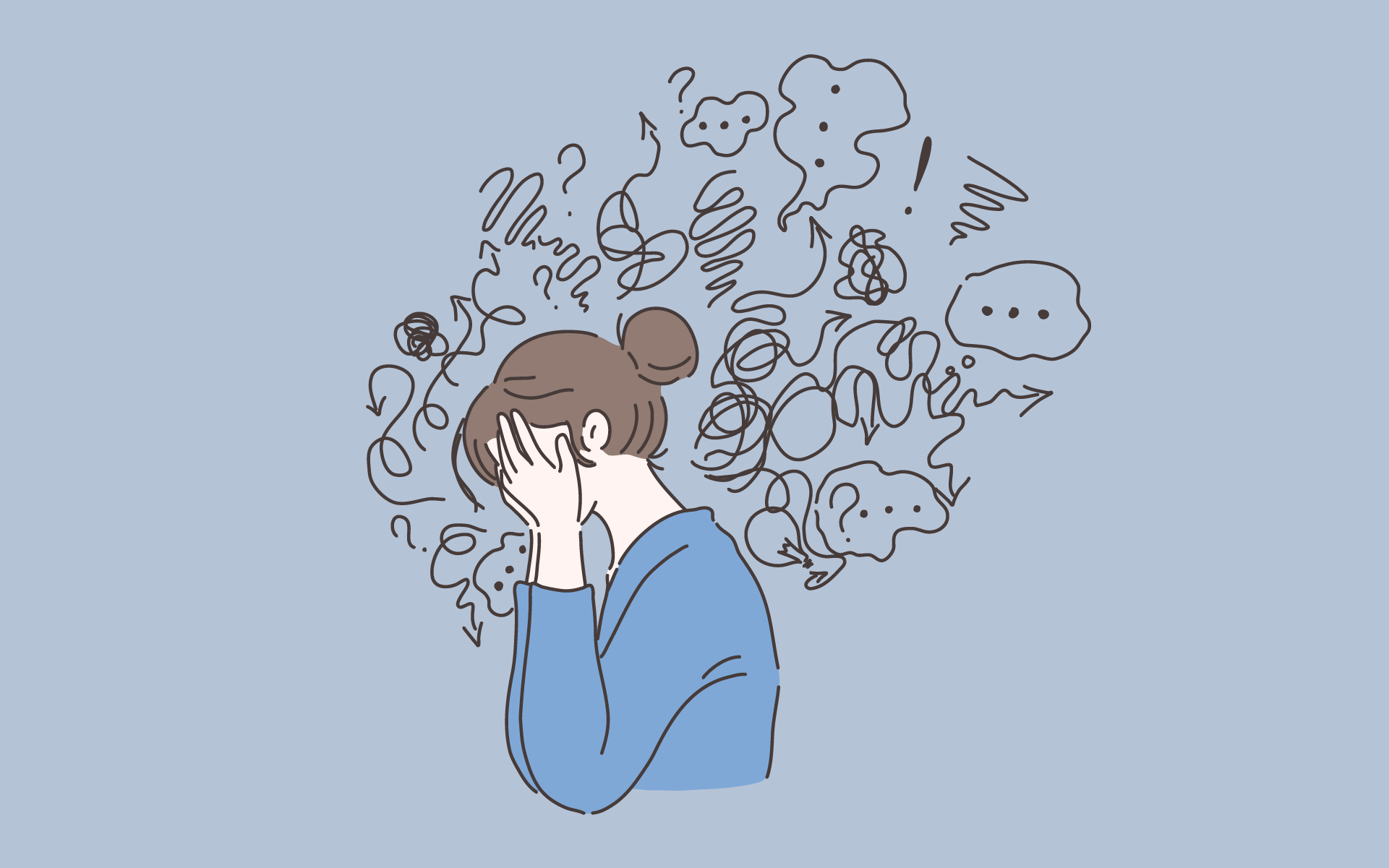How to deal with the worry & stress of losing your job

The worst of times can also be a catalyst for change and renewal.
The worst of times can also be a catalyst for change and renewal
It’s called the Great Resignation. The wave of shifts and moves in the job market, by people looking to reinvent or restart their career paths in the aftermath of the pandemic. For many, it’s a welcome opportunity to change their lives and start afresh.
But what about those who, through no choice of their own, found themselves suddenly without a job?
Those facing retrenchments, downscaling, business closures, and early retirement suffer an impact far greater than the financial fallout.
Losing your job is one of the most stressful things you can experience, as analysed in “Ten Surprising Facts About Stressful Life Events and Disease Risk” in the Annual Review of Psychology.
The authors state that unemployment has adverse implications for role identity, social status, and financial security. Most worryingly, it can also affect your health.
The stress from becoming unemployed or being underemployed increases the risk for depression, cardiovascular disease, and premature mortality, says the study. The emotional roots of this stress run deep.
“Losing a job is deeply shocking,” writes Professor Sally Maitlis, of the University of Oxford’s Saïd Business School. “It is a loss of livelihood, the ability to support ourselves and often our families. But the emotional impact goes beyond financial stress.”
The problem with job loss, she continues, is that it so powerfully intersects with the other two main stressors: interpersonal problems and loss of social status. When we lose our job, we also lose the relationships we had at our place of work, and our relationship with the context itself.
We feel shame, anger, and sorrow at leaving people, projects, and a place to which we have given a large part of ourselves behind, says Professor Maitlis.
The consequences of losing a job can also affect our future career and earning potential.
According to a study by American sociologist and social statistician Jennie E Brand, this kind of displacement is associated with more than a loss of assets, family disruption, and decline in psychological and physical well-being. It also affects subsequent unemployment, long-term earnings losses, and lower job quality.
So what can you do to ameliorate the devastating impact of a job loss? Experts suggest reaching out to those who can support you, and assessing your marketable skills, drawing up your budgets, seeking out your options, and determining whether it’s time for a career pivot.
“By reflecting on your situation and taking action to see what it reveals,” says Professor Maitliss, “you can construct a narrative of your career and yourself that provides a springboard for your next steps.”




